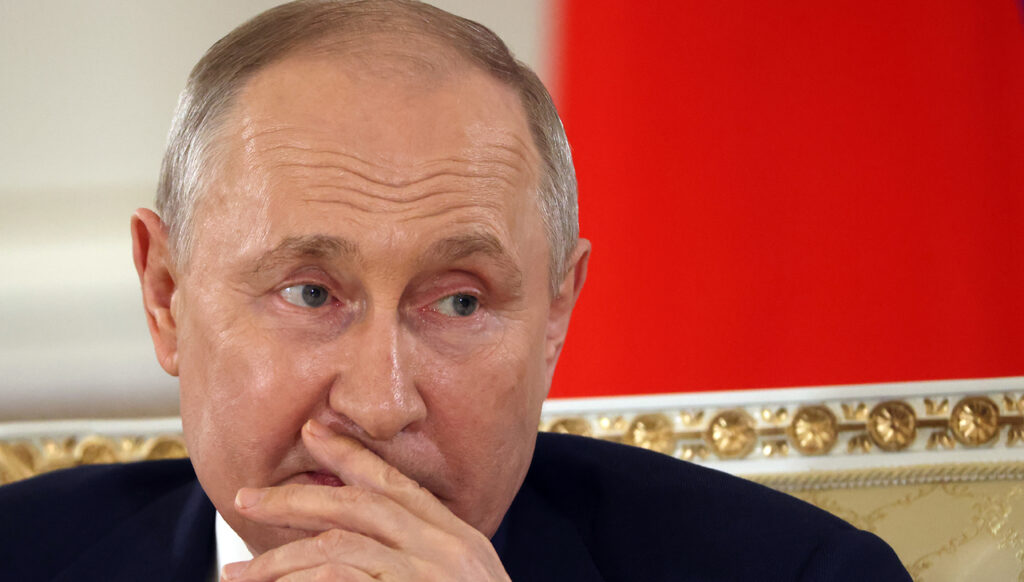THE WATCH STAFF
With Finland having joined NATO in April 2023 and Sweden expected to soon become a member, Russia will remain the only nation on the Arctic Council not aligned with NATO. As a result, Russian actors are waging disinformation campaigns within Sweden and Finland to cause dissension in the populations of the two countries to sour their entrance into the alliance.
Overall, Finland and Sweden’s ascension to NATO are positive from the United States’ and Western perspective. However, Russia perceives it to pose a serious security threat. According to Russian propaganda and disinformation efforts, the ascension of Finland and Sweden to NATO will shift the foundation of European security and force Russia to reevaluate its military strategy. Some Russian websites argue that it will leave Russia with a more vulnerable northwestern flank. Moreover, with the Baltic Sea surrounded by NATO allies, Russia’s naval operations and the city of Kaliningrad will be at risk. Furthermore, the Kola Peninsula — one of the most important areas to Russian security because it hosts the Northern Fleet — is located just miles east of northern Finland. Ultimately, NATO’s expansion further erodes Moscow’s geopolitical position, another loss in its global propaganda war.
Russia has aggressively been using disinformation across the globe to gain competitive advantages against the West, particularly the U.S., so it is no surprise that Moscow is again using this tactic to subvert the NATO process while also working to undermine the West as a whole.
Russian messaging about the Nordic bids to join NATO features tactics similar to its other propaganda campaigns, including a disconnect from reality, a reliance on discontent with the West, and the use of state-sponsored news outlets and officials to spread disinformation. Regarding Finland and Sweden, Russia has been spreading the narrative that their inclusion in NATO will destabilize the region, ruin what is left of Europe’s strategic architecture and further advance U.S. interests at the cost of beneficial globalization. On June 29, 2022, Russian President Vladimir Putin, pictured, warned Sweden and Finland that their NATO accession would oblige Russia to restore military balance by strengthening its defenses in the Baltic Sea, including deploying nuclear weapons.
One disinformation campaign even targeted Sweden’s relationship with Muslims around the world to damage its international standing. A Swedish official reported in July 2023 that his country was targeted by a Russian disinformation campaign that implied Sweden supported burnings of the Koran.
Anti-Muslim activists in Sweden in recent months have staged protests that involved burning copies of the Muslim holy book. The Russian disinformation campaign fueled the fiction that the Swedish government supported the activity, which it did not, Reuters reported.
“Sweden is the target of a disinformation campaign supported by state and state-like actors with the aim of damaging Swedish interests and … Swedish citizens,” the minister, Carl-Oskar Bohlin, told reporters. “We can see how Russia-backed actors are amplifying incorrect statements such as that the Swedish state is behind the desecration of Holy Scriptures.”
Still, the Russian messaging about Finnish and Swedish NATO accession has largely failed to disrupt the process. In fact, the Soufan Center think tank reports that none of the Russia-backed anti-NATO disinformation narratives resonate with Swedish or Finnish online audiences. According to a Soufan Center intelligence brief, this phenomenon is likely because Swedish and Finnish government agencies are well-versed in tracking, analyzing and countering Russian disinformation campaigns.
Although Russian disinformation has been largely unsuccessful in Finland and Sweden, it is important to understand the implications of Russia’s use of false narratives to further alliances with countries in Africa. In other words, although the West and NATO may be winning the current battle, they are in danger of losing the larger information war to Russia.
Additionally, even if Russia’s false narratives have failed to disrupt Finland and Sweden’s NATO bids, the West should prepare for a Russian military response. In particular, the Center for a New American Security warns that Russia will likely resort to hybrid-warfare attacks on critical infrastructure, a greater emphasis on its nuclear capabilities and more proactive military activity in the Nordic-Baltic-Arctic region. Overall, the U.S. and the West should celebrate the failure of Russian propaganda in Sweden and Finland while also recognizing the long-term implications such propaganda has in other parts of the world and prepare for any Russian military response.

